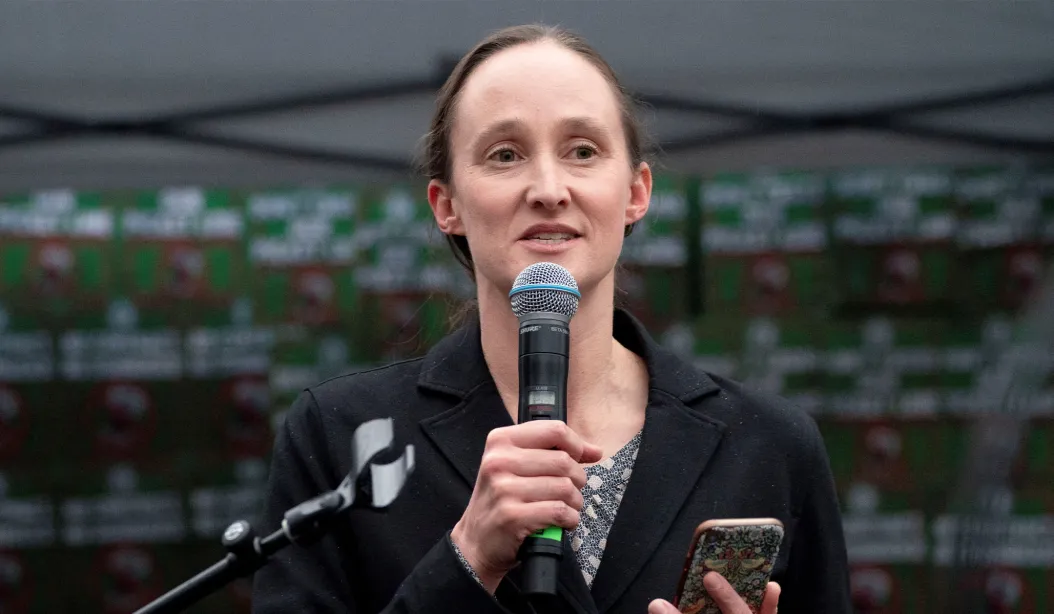As communities struggle to emerge from the ravages of COVID-19 and the consequent devastation wrought by widespread economic shut-downs, one structural policy continues to impede the desperately-needed innovation, investment and risk-taking that Washington state, and the country, need for long-term recovery.
That major impediment is so-called “jackpot justice,” the insidious practice of aggrieved parties using the courts to secure, not fair and impartial rulings in a legitimate business dispute, but outlandish jury awards that serve to unfairly enrich lawyers, plaintiffs and competitors alike.
Exorbitant jury awards and court ordered pay-offs are great for the parties that win, but they create a free-wheeling marketplace in which companies never quite know how the rules will be applied if market partners have a falling out. That uncertainly means higher prices for average families, as companies are forced to harbor reserves to fight potential lawsuits.
As case in point is the trade secrets lawsuit filed by a company called HouseCanary against a property appraisal company Title Source (now called Amrock) to provide on-the-spot property value assessments. HouseCanary claims Title Source improperly used its property-appraisal software. Title Source says it used generally-available technology, not proprietary software, and did nothing wrong.
The issue is technical and, not surprisingly, ended up in court. At that point a routine business dispute over a $5 million contract resulted in a $705 million judgement against Amrock, once a range of emotionally-charged presentations had been made in front of a jury. The decision is on appeal.
A judge’s ruling or voluntary arbitration would have resulted in a much more reasonable decision, which of course is exactly why one company’s lawyers wanted to argue it in front of a jury. Clearly the court process got wildly out of hand. A 14,000% increase in liability shows the instability and uncertainty businesses have to operate under in an unpredictable legal environment.
Extreme jury awards discourage peaceful dispute resolution, promote economic conflict and encourage offended parties to go after “deep pockets.” The result is that average jury awards have soared and awards in the tens or hundreds of millions of dollars are now common.
The problems centers on patent lawsuits based on weak claims of trade secret violations. If commonly-available technology can be claimed exclusively by one company as “proprietary,” investment and innovation in the U.S. economy will be sharply curtailed. The potential bonanzas available from getting one’s business dispute in front of a jury will make frivolous trade secrets lawsuits even more common, meaning innovative companies will have to shift more investment dollars into their legal departments compared to their research and development programs. It also makes it hard for companies to cut prices, meaning consumer lose out on getting a better deal.
Practical solutions include a cap on punitive damages, clearer legal instructions to juries about what is legal and reasonable, and requirements that disputing parties submit their differences to arbitration before having recourse to the courts. These are all commonsense legal reforms that Washington Policy Center has long recommended.
Finding a permanent solution to rising liability costs is vital to restoring to Washington’s, and the nation’s, business and economic climate. Intelligent policy reforms are needed to build an entrepreneurial environment that encourages reasonable risk taking while maintaining necessary legal protections for workers and consumers. Reasonable liability reform is needed to ensure the fleeting passions in the courtroom jury don’t result in unfair jury awards, higher consumer prices and long-term damage to the nation’s business climate.






